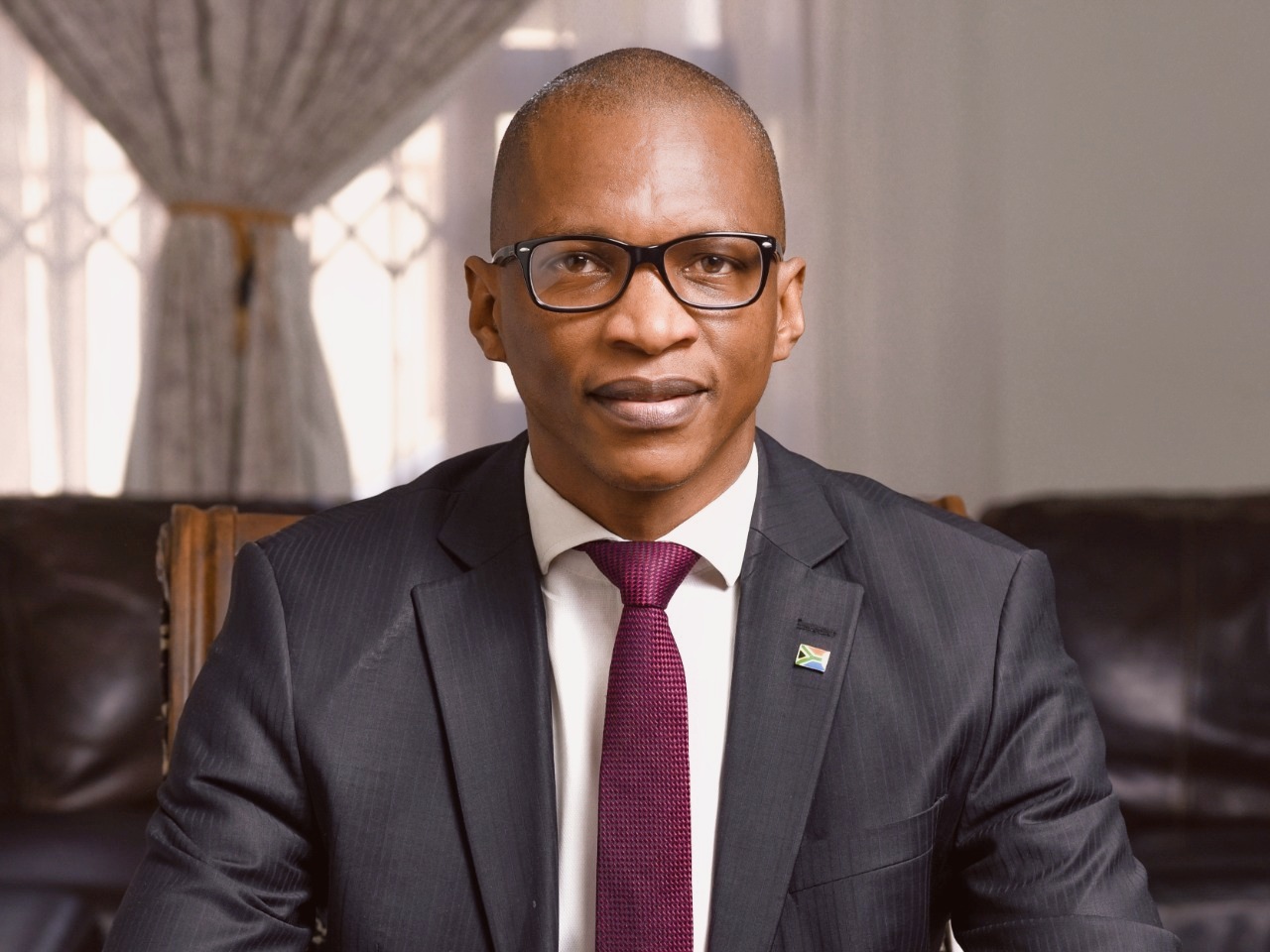
South African author and editor of Imbiza Journal for African Writing Siphiwo Mahala is the featured author in our series on what African writers are reading. Mahala tells us what he is currently reading but also shares his to-be-read list, in addition to recommending books he’s read in the past and really loved. If you’re interested in learning more about each book or would like to buy a book, there is a list below the essay with each book mentioned, the synopsis, and buy link.
***
It is the middle of winter in South Africa and, to keep myself warm, I make tea, tuck into bed and cuddle up with a book. I recently revisited Fred Khumalo’s historical novel, The Longest March (2019). It is one of those books you read once, and it ends too soon, then you make time to read all over again and every time it fascinates you like it’s the first time. It’s about a pocket of our history that I knew very little of, set on the eve of a famous war between the British and the Dutch descendants in South Africa, known as the Anglo-Boer War (1899- 1902), where there was a raging inspirational story of about 7000 Zulu men, women and children who fled the goldmines in the Transvaal (Johannesburg area) and walked all the way to Natal (Zululand), covering the distance of about 500 kilometres in just over ten days. Khumalo tells this story with great sensitivity, humour and wit, presenting intriguing subplots of romance, betrayal and jealousy. In October 2019, to mark the 120th anniversary of this historic event, Khumalo retraced the footsteps of his ancestors and walked the entire distance!
I have just started reading the new offering from the legendary South African writer, Sindiwe Magona, whose latest novel, When the Village Sleeps (2021) promises to be a captivating and edifying as many of her works. It was over 20 years ago when I was introduced to Magona’s short story collection, Living, Loving and Lying Awake at Night (1991), in which I found myself and characters very familiar to me. Never had I read a book that captured the essence of rural life in speech, form and character the way she does before. She captures the African idiom in her writing the same way Chinua Achebe does, except that she grapples with the lives of the marginalised, the ordinary people, especially women in rural communities in an extraordinary way. Her stories are told with such authenticity that the plot takes complete command of your emotions. In her latest offering, she continues exploring the rural landscape, representing the lives of ordinary people with such grace and resonance. In this new novel, we hear the wise voices of our mothers and grandmothers, the voices of the neglected and the marginalised, and they haunt us because they remain ever so resonant. When the Village Sleeps will surely go down as one of the defining novels in contemporary African writing.
As soon as I am done with my current read, and in-between my writing and editing the next issue of Imbiza Journal for African Writing, I hope to get hold of Chimamanda Ngozi Adichie’s latest offering, Notes on Grief (2021). I was first introduced to Chimamanda back in 2006, when I met her at the British Library in London. She had just published Purple Hibiscus (2003), which I thought was the greatest thing in contemporary African Literature. Later that year she published her second novel, Half of a Yellow Sun, and at that point she cemented herself as a force to be reckoned with. My particular interest in her latest offering is that I have been in a perpetual state of grief since losing both my parents at a relatively young age. Reading about grief and other people’s losses, always makes me feel that I am not alone. It is part of my own healing.
One of my favourite contemporary novelists in South Africa, Mpush Ntabeni, has just released his second novel, The Wanderers (2021), which also grapples with grief. The novel also affirms our interconnectedness, as it deftly explores the historical ties that bind South Africa and Tanzania. Mpush Ntabeni – remember that name!
I have particular fascination with short stories, and I will be teaching the genre at a local university later in the year. At the moment, I have on my bedside these two short story collections: Searching for Simphiwe by Sifiso Mzobe and A Coat of Many Colours by Fred Khumalo. I will teach these stories alongside Intruders (2018) by Mohale Mashigo, Soweto: Under the Apricot Tree (2018) by Niq Mhlongo and If You keep Digging by Keletso Mopai (2019). It is exciting that one of my favourite short story writers, NoViolet Bulawayo, will be publishing a new book next year. I found her debut novel, We Need New Names (2013), quite riveting, and I am confident that her upcoming book, Glory, will be equally good. Bulawayo, Mopai and Lesley Nneka Arimah, author of What it Means When a Man Falls from the Sky (2017) are my favourite short story writers at the moment.
Lastly, one of my all-time favourite novelists, Zakes Mda, will be releasing his next novel in October, titled Wayfarers’ Hymns. I had the privilege of reading part of the manuscript and it left me salivating for more. Zakes Mda is by far South Africa’s most prolific novelist since the dawn of the democratic dispensation.


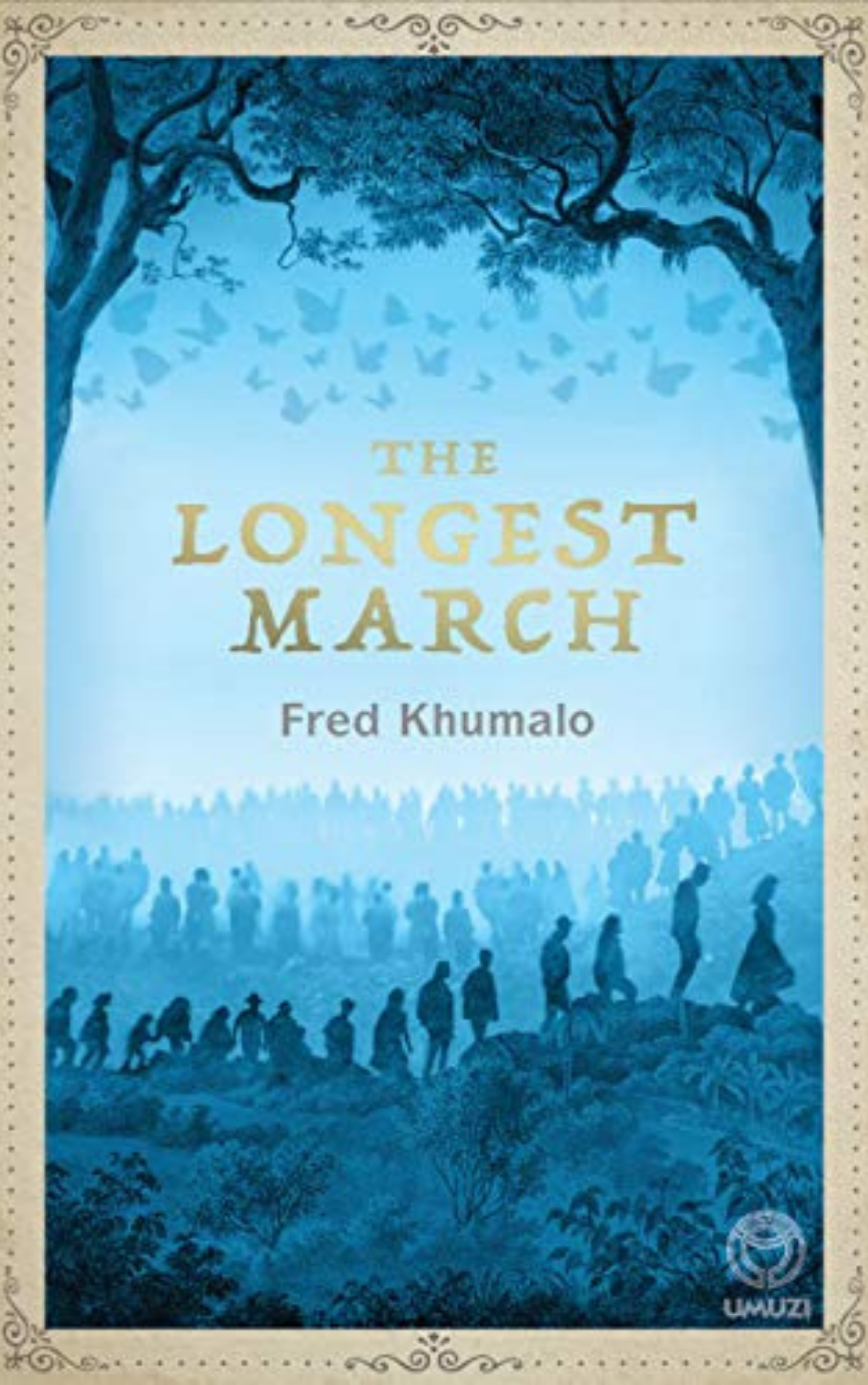
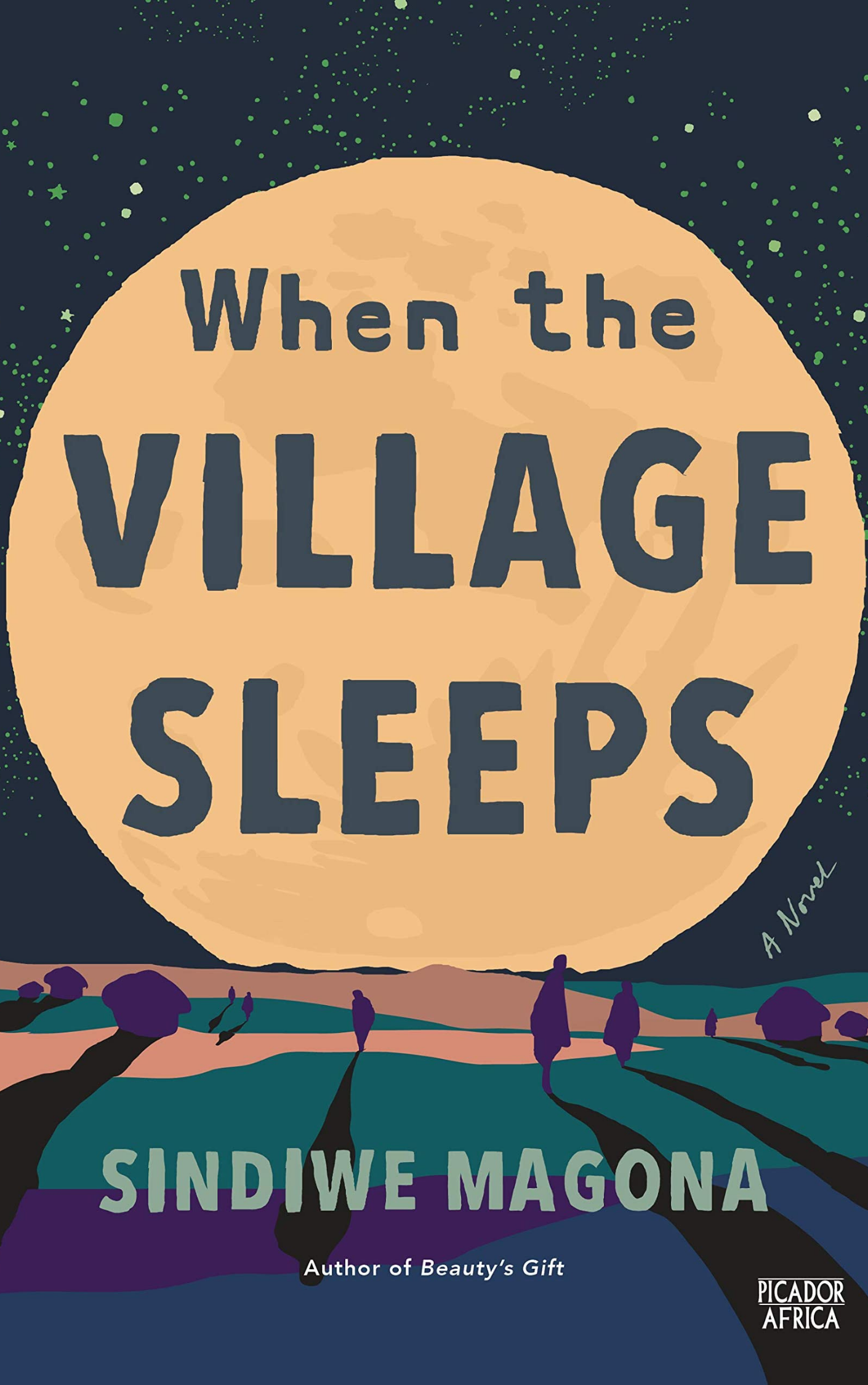
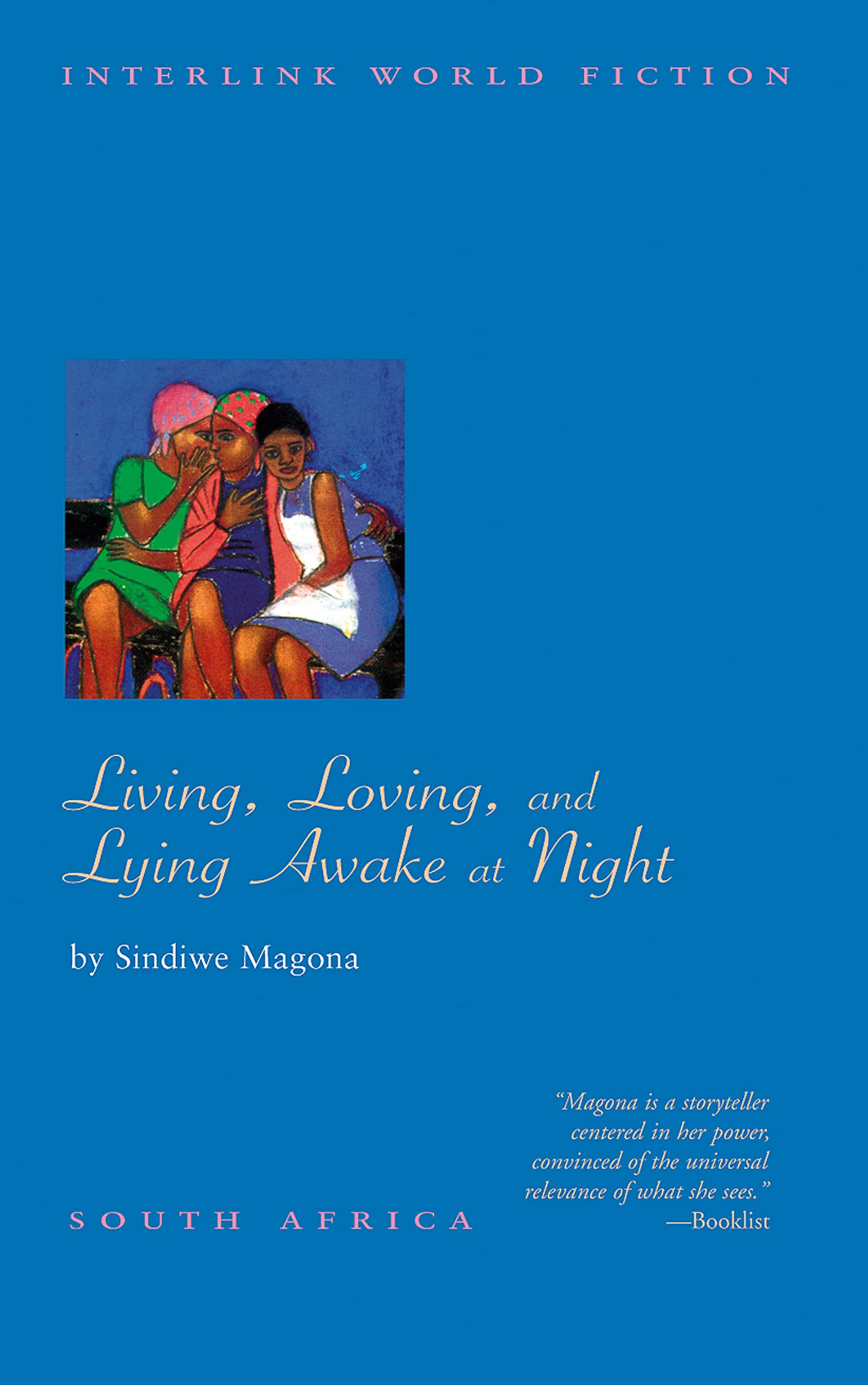
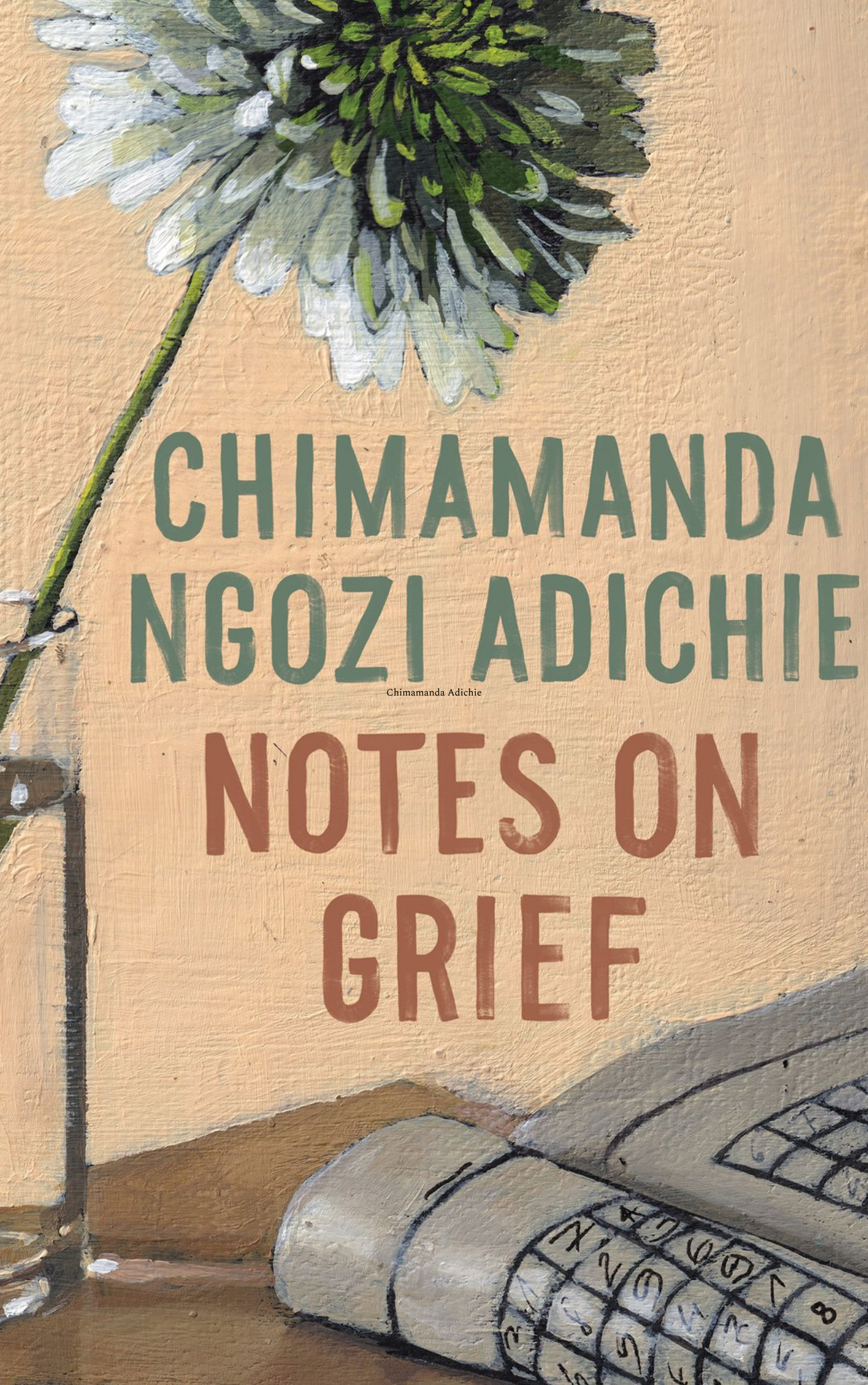
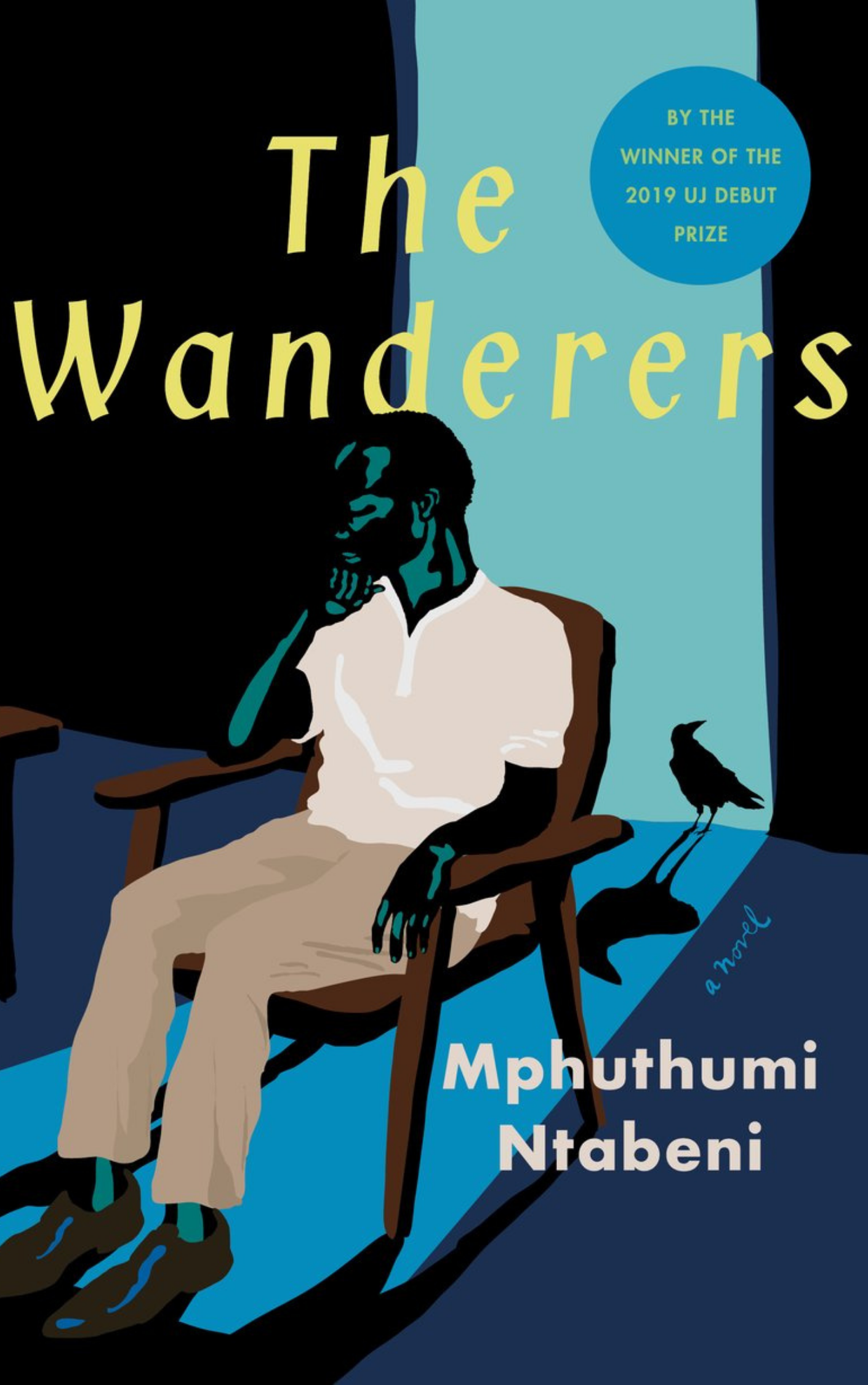
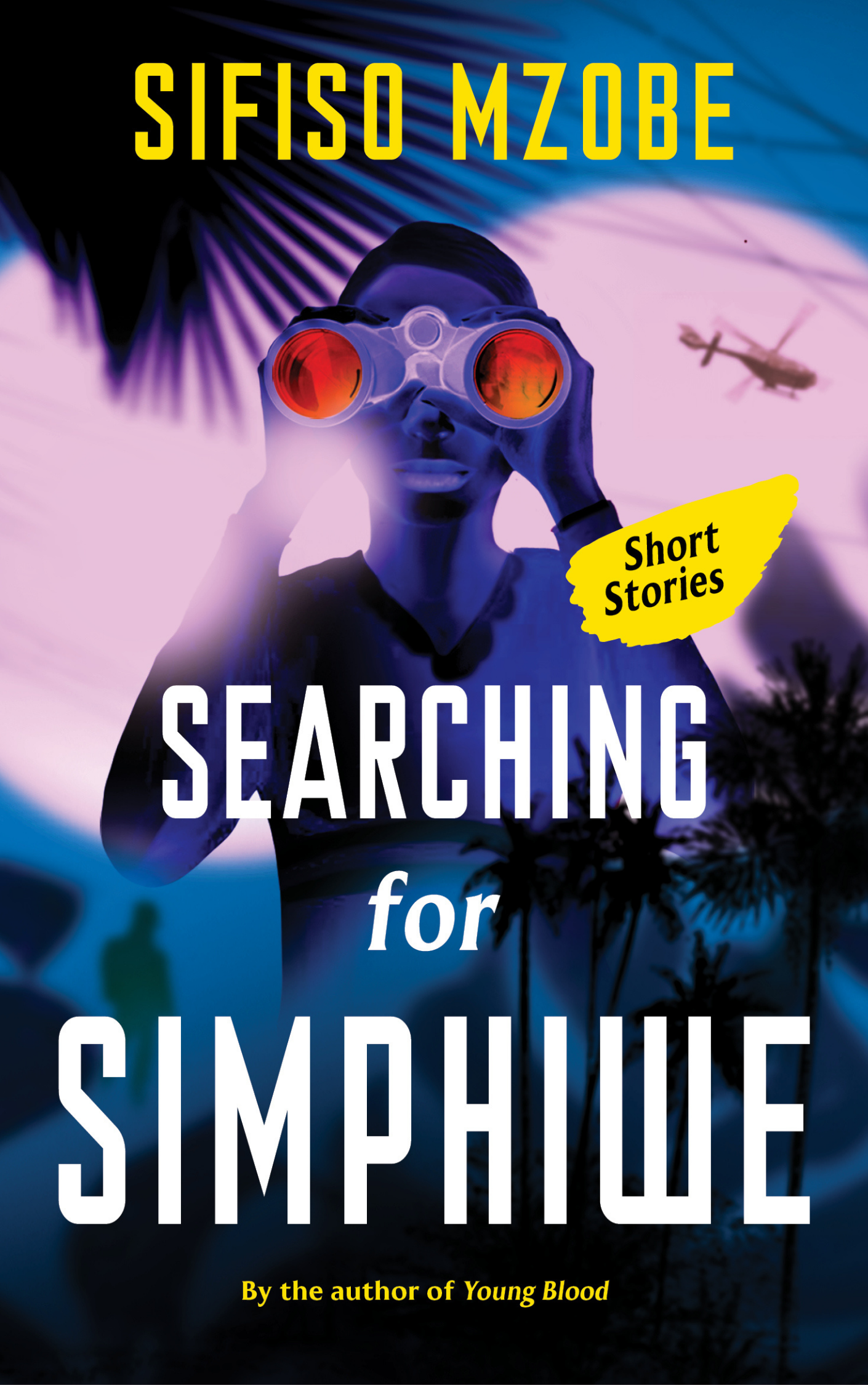
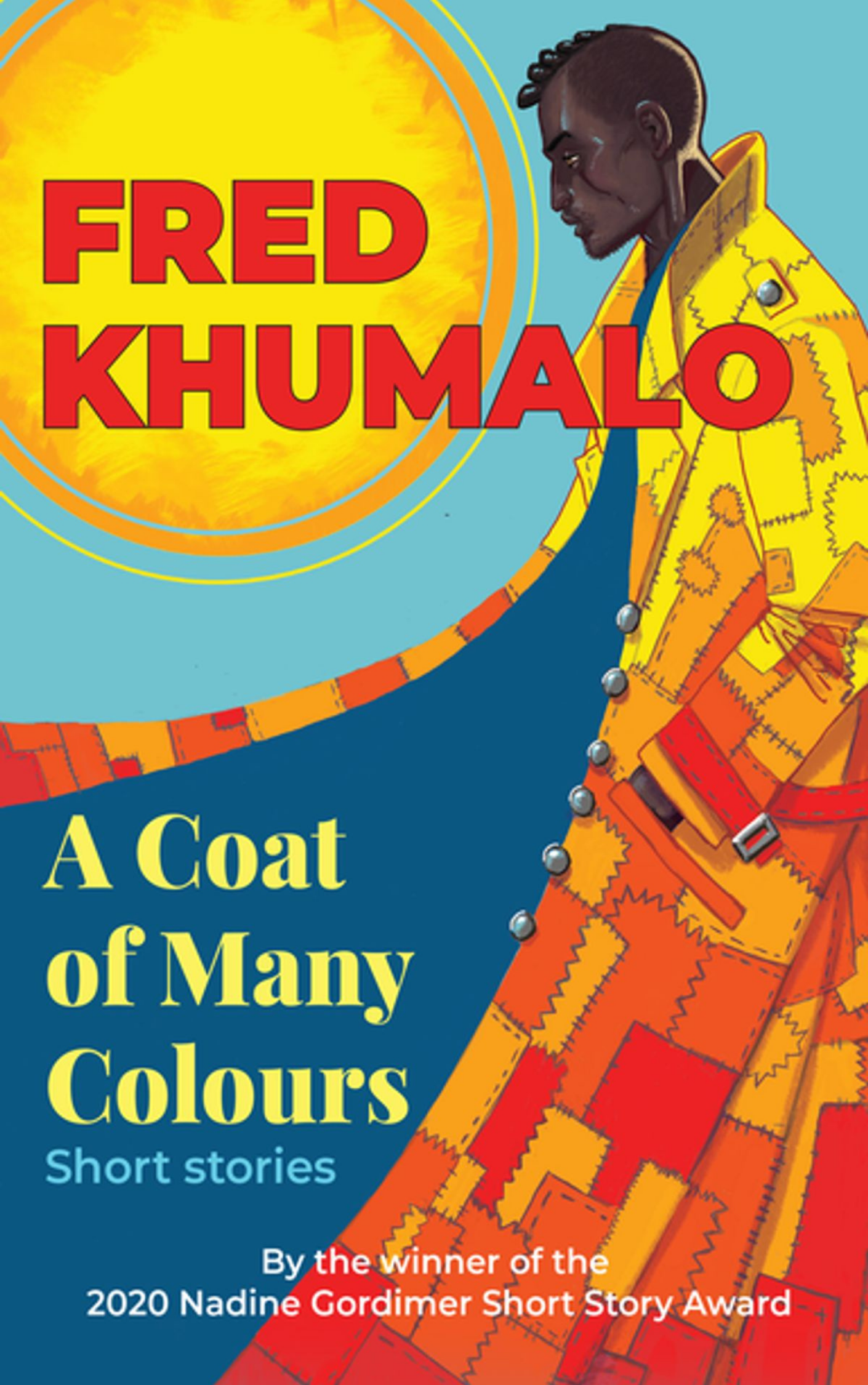
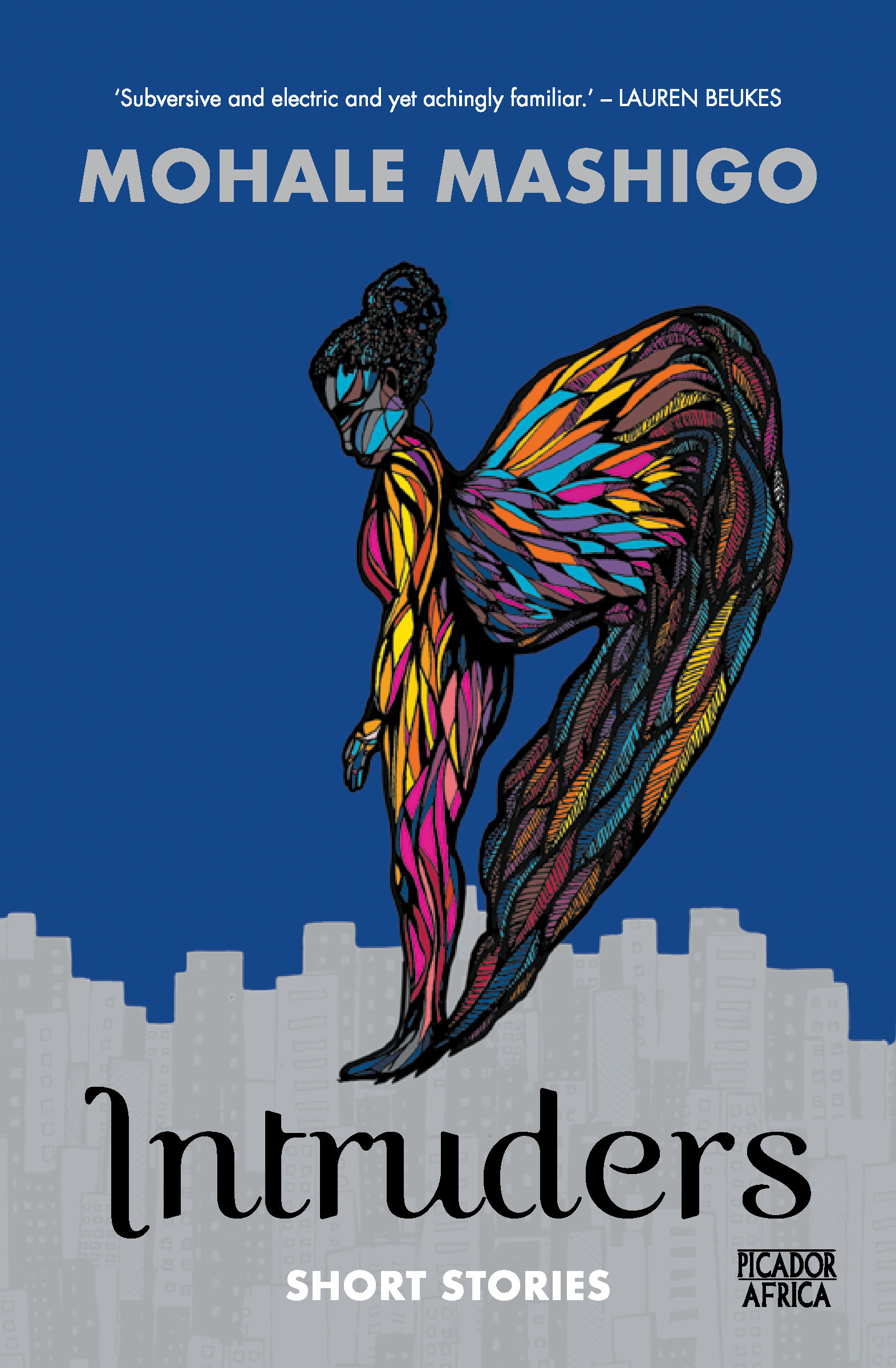
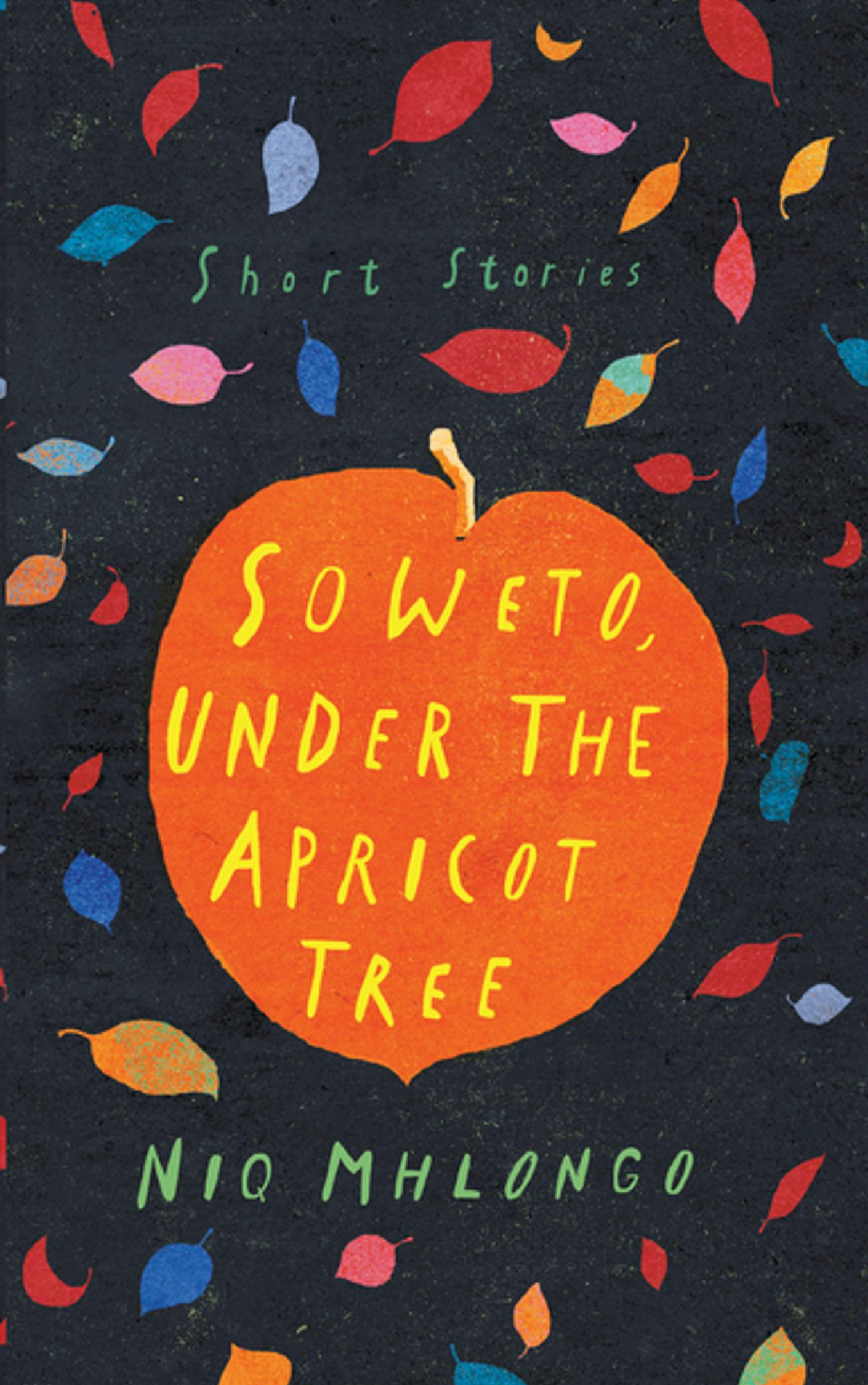

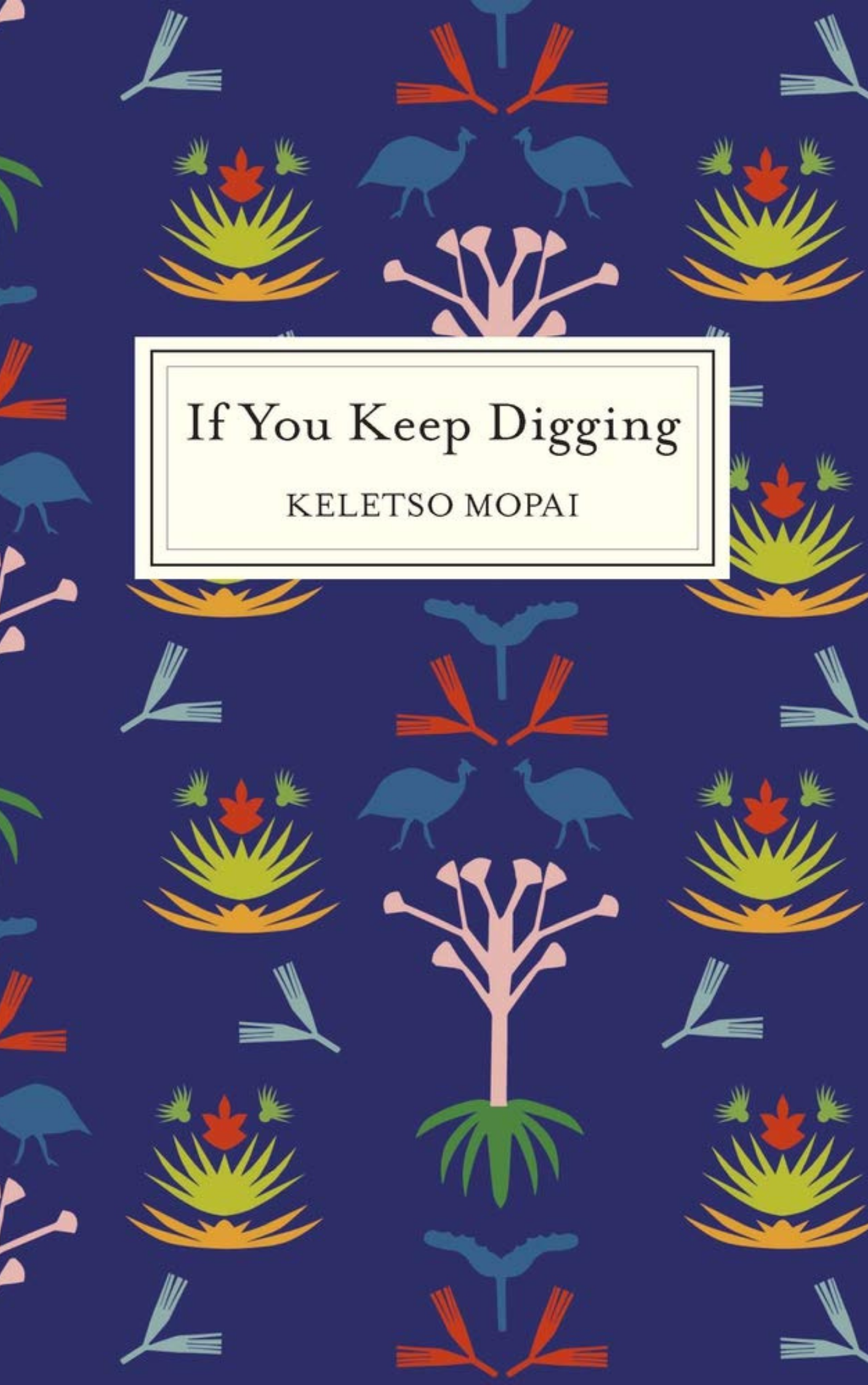



COMMENTS -
Reader Interactions